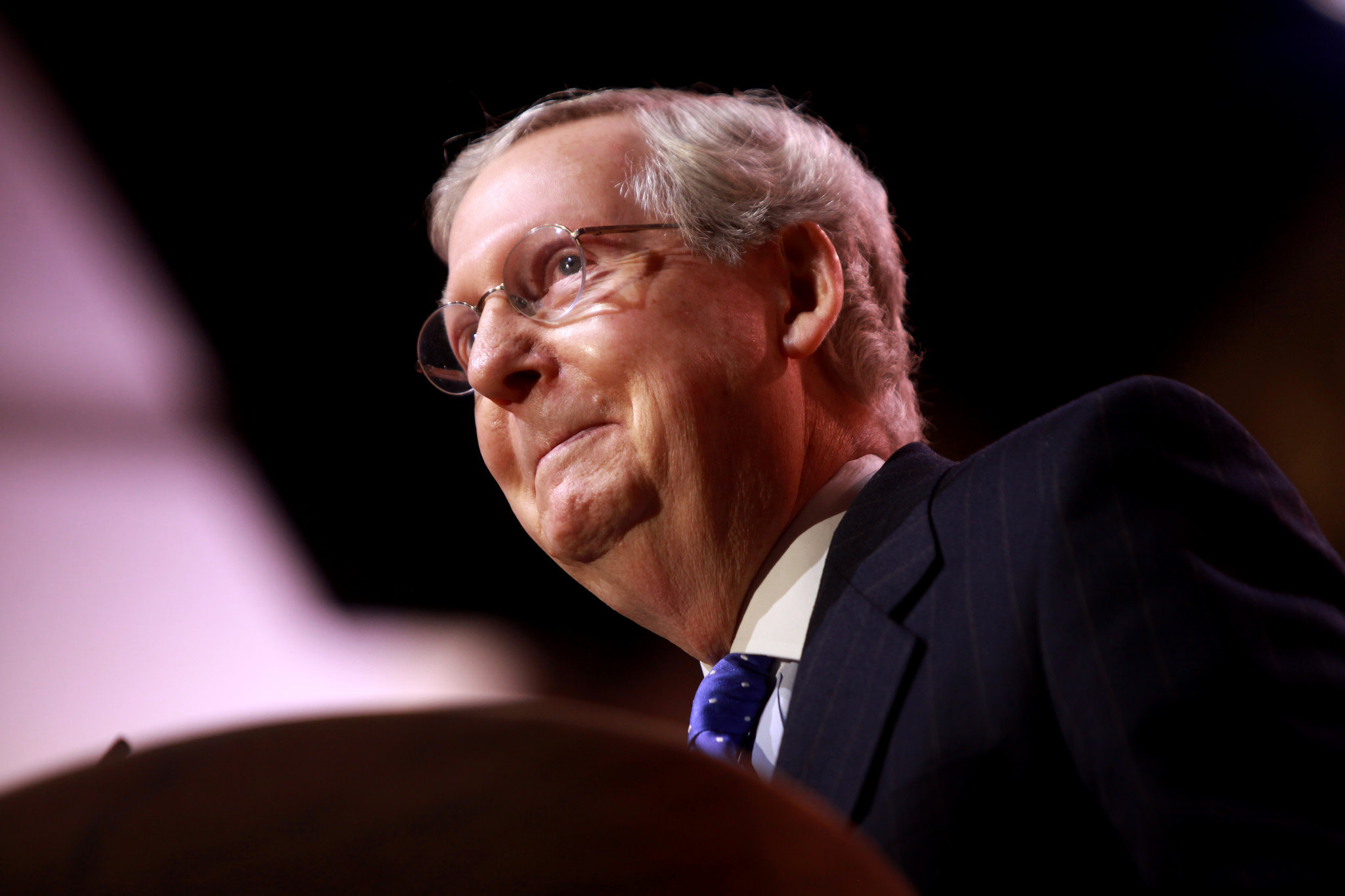While most of America looks the other way, Republicans are once again trying to pass tax cuts for the rich by way of taking away the healthcare of millions. Though it has flown mostly under the radar until the last few days, the Republicans’ last-ditch effort at Obamacare repeal called Graham-Cassidy has reportedly far greater chances of passage than many suspect. Senator John McCain, who famously helped kibosh earlier Republican efforts, has tentatively come out in favor of the bill. If he were to follow through all other Republican votes remain aligned as previously, then Graham-Cassidy would make its way out of the Senate.
September 30th is the deadline for any bill to be considered under reconciliation, which allows Republicans to pass budget-related legislation with only 50 votes. So action would need to come quickly, perhaps even before a full scoring by the CBO. Of course, the less the public knows about the legislation and the less actual analysis of its effects, the better for Republicans. As with previous versions of Obamacare repeal, it’s not so much a conservative good-faith effort at healthcare reform as it is a tax cut for the wealthy (though it retains more of the taxes than previous versions) and a pathway to damage President Obama’s legacy.
The legislative path would also be tricky. As Dylan Scott explains:
The odds are stacked against it. The window is small, few other Republicans seem particularly interested in revisiting health care, and the actual policy of the bill still needs to be litigated. Senators haven’t even had a chance yet to unpack how the bill’s complex funding formula would impact their specific states.
“No Senate GOPer will say anything negative about the bill because in concept, sure, more state flexibility is a good thing,” one health insurance lobbyist told me.
But that doesn’t mean it can’t happen. Most analysts think the bill will die because Republicans are tired of working on healthcare and have too many other priorities to tackle in the waning days of September. But that’s precisely when the calendar becomes most dangerous.
The principal block against healthcare legislation for Republicans was its high visibility and the potentially devastating political consequences of repeal. Put Graham-Cassidy on the floor with a dozen other legislative distractions and the shift in support of a single Republican Senator, and suddenly the improbable becomes more than possible.
Healthcare activists should not take their eye off the ball here. Senate Majority Leader Mitch McConnell is pushing hard on it, as is whatever passes for a policy apparatus in the White House. The Affordable Care Act isn’t truly safe until the clock strikes midnight on October 1st.



